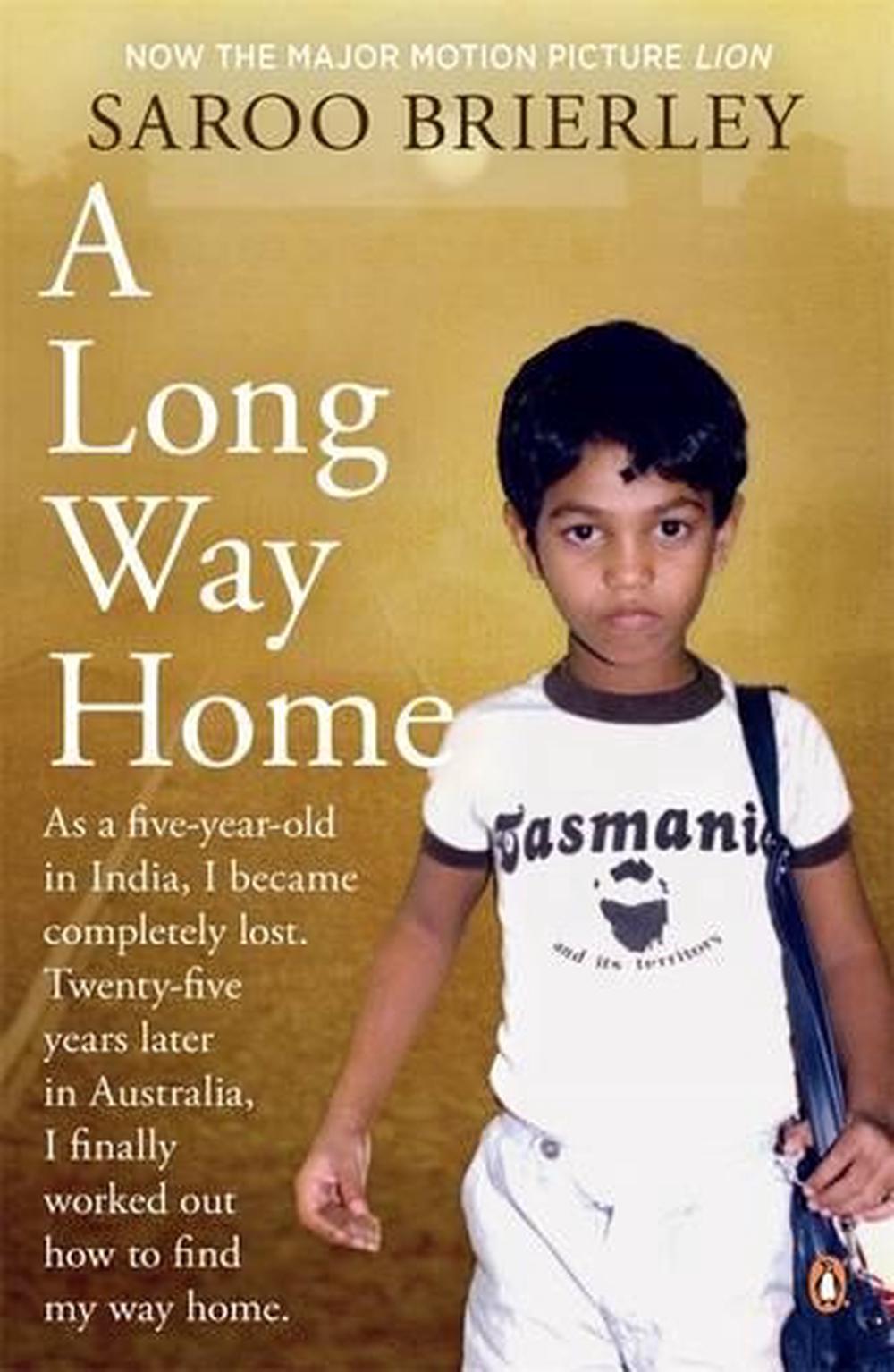
Up the road he saw the two men approaching, along with two or three others. Then he told Saroo to come lie next to him in bed.įinally out of breath, he sat down for a break. “A lot of people tell me that,” the friend replied in Hindi. Saroo told him he looked like the famous Indian cricket player Kapil Dev. On the third day, while the man was at work, the friend showed up. The man gave him a place to sleep and the next day told him that a friend was going to come over and help him find his family. “It felt good because I had something in my stomach,” Saroo recalled. Saroo followed him to his tin hut, where he was given a simple meal of dhal, rice, and water. “I’ll give you some food, shelter, and water.” “I want to go back to Burhanpur,” he told the man-the only city name he knew. While he was crossing the train tracks, a man approached him, wanting to know what Saroo was up to. Finally, after one last fruitless trip on a train, Saroo gave up and stepped back into the Calcutta train station, his new home. He subsisted on whatever he could beg from strangers or find in the trash. Fearful and confused, Saroo curled under a row of seats and went to sleep.įor the next week or so, Saroo traveled in and out of Calcutta by train, hoping to end up back at his hometown-but only found himself in other strange places, cities and towns he didn’t know or recognize. He didn’t know it at the time, but he had ended up in Calcutta’s main train station. Saroo saw what seemed to be a sea of homeless men, women, and children. With night falling he rode back to the busy train station. Saroo eventually climbed onto another train, hoping it might lead him home, but it led him to another strange town. “They ignored me because they couldn’t understand me,” he recalled.

Desperately, he ran up to strangers pleading for help, but no one spoke Hindi. He couldn’t read the signs on the platform. The five-year-old-who had never ventured unaccompanied beyond his small town-was now wandering alone through a bustling train station. Saroo had to wait a few more hours before the train arrived at the next stop. “It was a lot like being in a prison, a captive,” he recalled, “and I was just crying and crying.” He had no food, no money, and no idea how far he had gone or was going. Unable to move to another carriage while the train was in motion, Saroo ran back and forth through the car, calling for his brother, to no avail. “ Bhaiya!” Saroo screamed, the Hindi word for brother. There was no one else in the carriage, and, outside, the blurred grasslands were unrecognizable. Saroo had no idea how long he had been asleep and jumped up from his seat.
A LONG WAY HOME BY SAROO BRIERLEY BARAMPUR WINDOWS
When he woke, sunlight was streaming through the windows and the train was moving quickly through the countryside.
A LONG WAY HOME BY SAROO BRIERLEY BARAMPUR FULL
As the boys made their way out of the coop-holding their shirts like hammocks, full of eggs-two security guards came after them, and they were separated. One day, Guddu took Saroo on a road he’d never seen before, to a factory where Guddu had heard that they might be able to steal eggs.

On one occasion, he was arrested for loitering at the train station. Guddu spent his days searching passenger trains for fallen coins. Guddu, then aged nine, had assumed his role as the man of the house. His father, Munshi, had abandoned the family two years earlier. He lived there with his mother, Kamala, who worked long hours carrying bricks and cement, two older brothers, Guddu and Kullu, and a younger sister, Shekila. Home was a tiny mud-brick house with a tin roof. When night fell, he would walk a couple miles home.

He played barefoot under the downpour as trains passed nearby. It was just a small river flowing over a dam, but to five-year-old Saroo Munshi Khan it felt like a waterfall.


 0 kommentar(er)
0 kommentar(er)
